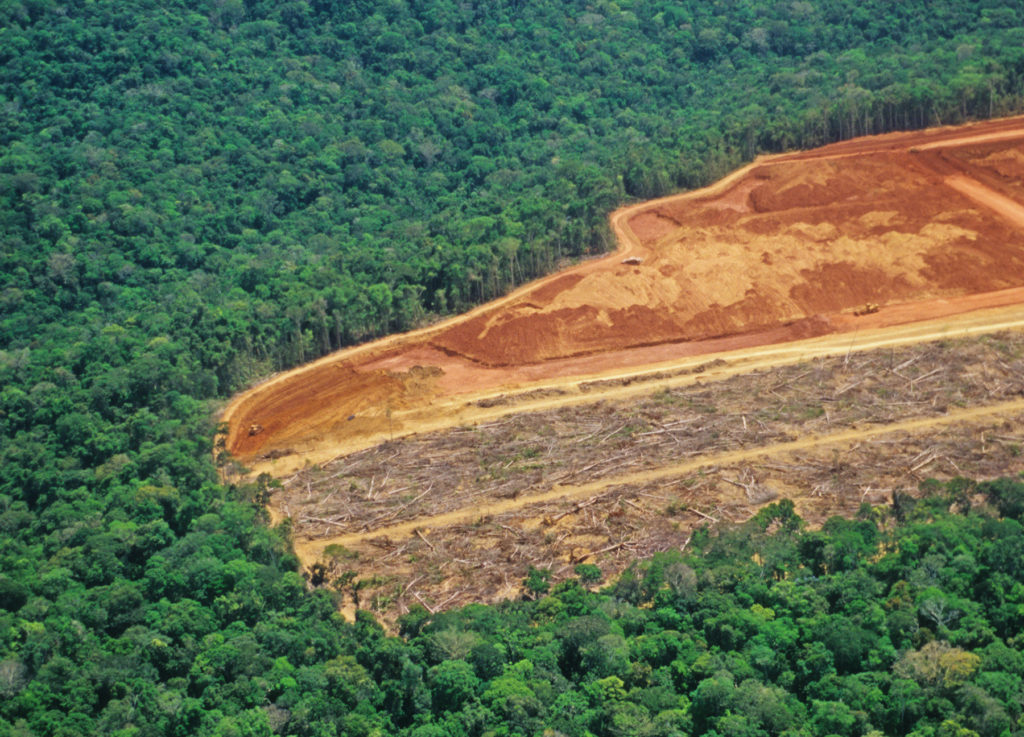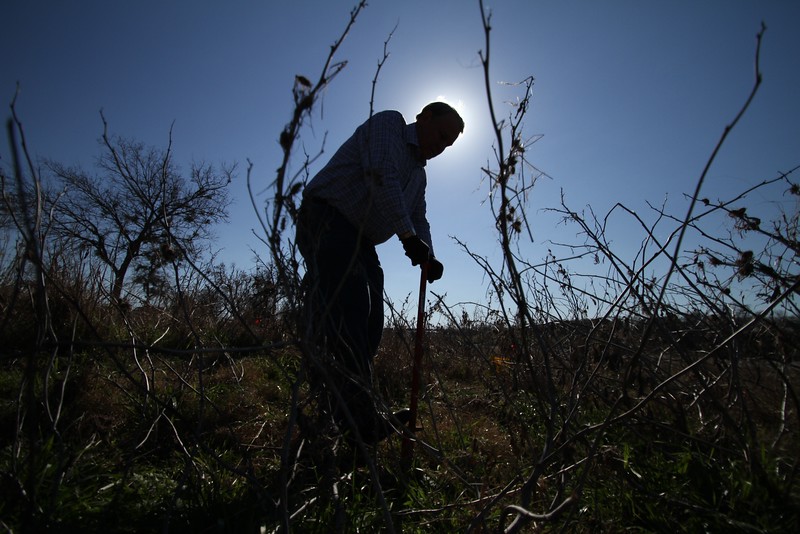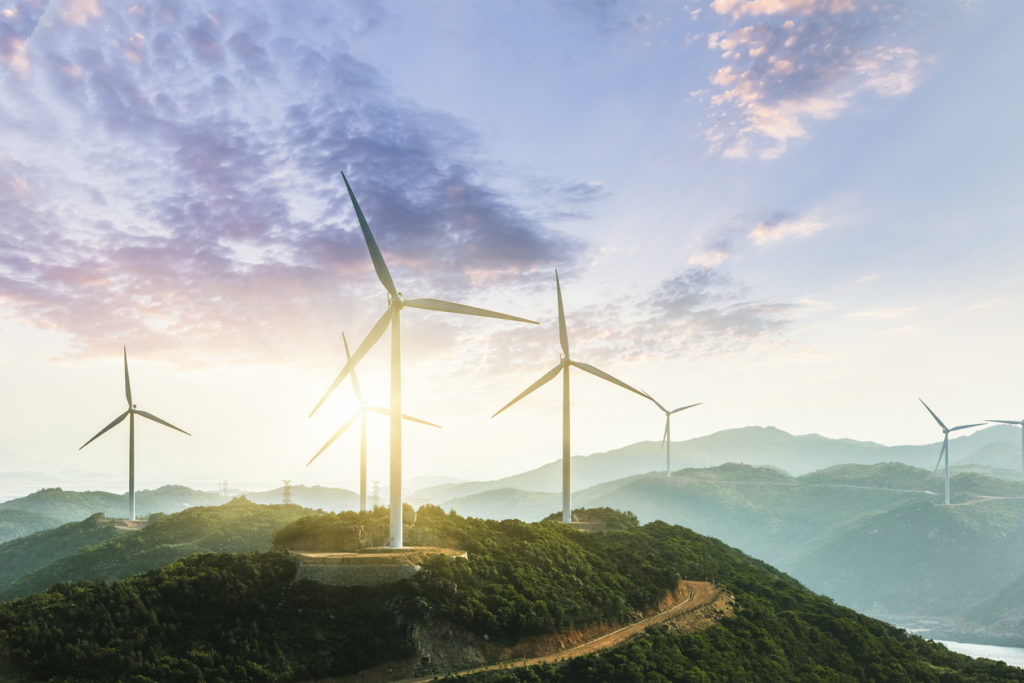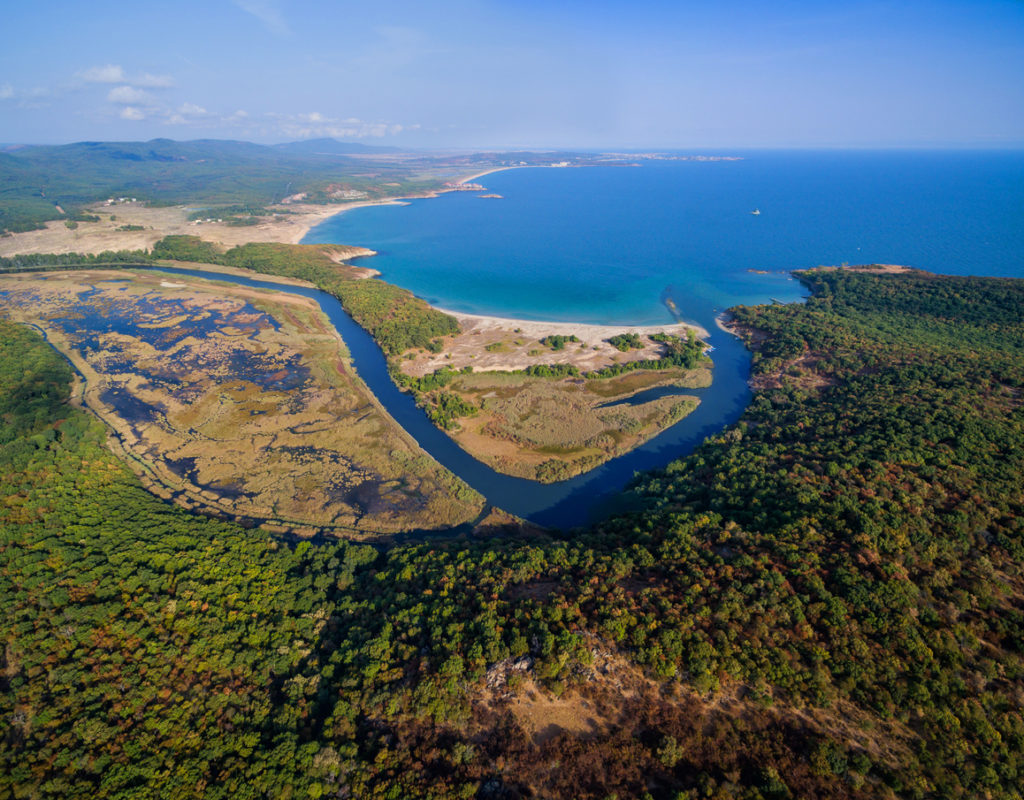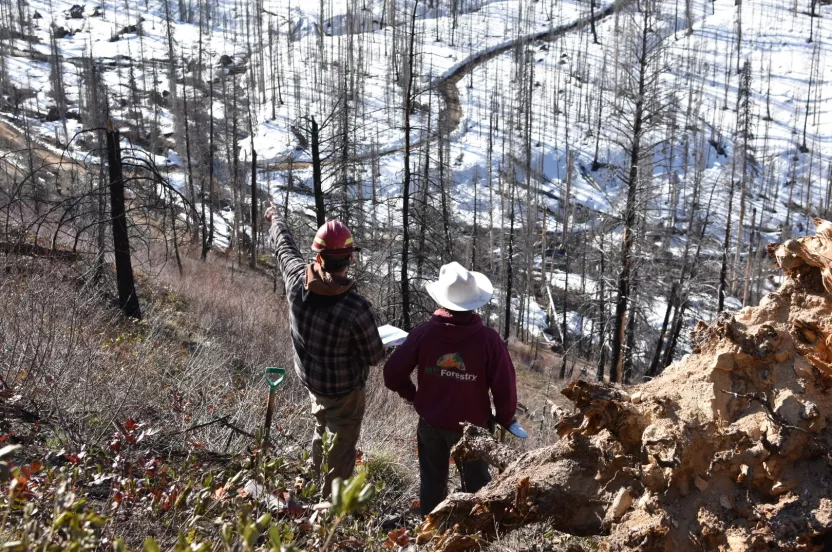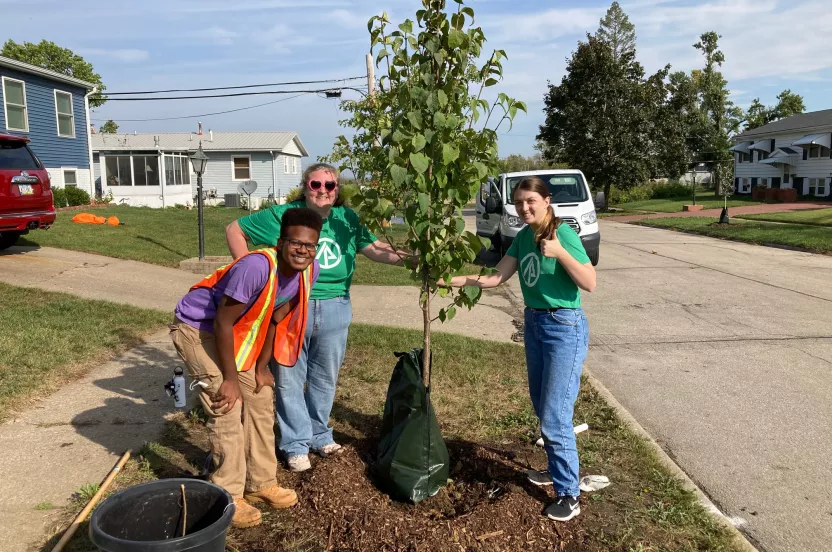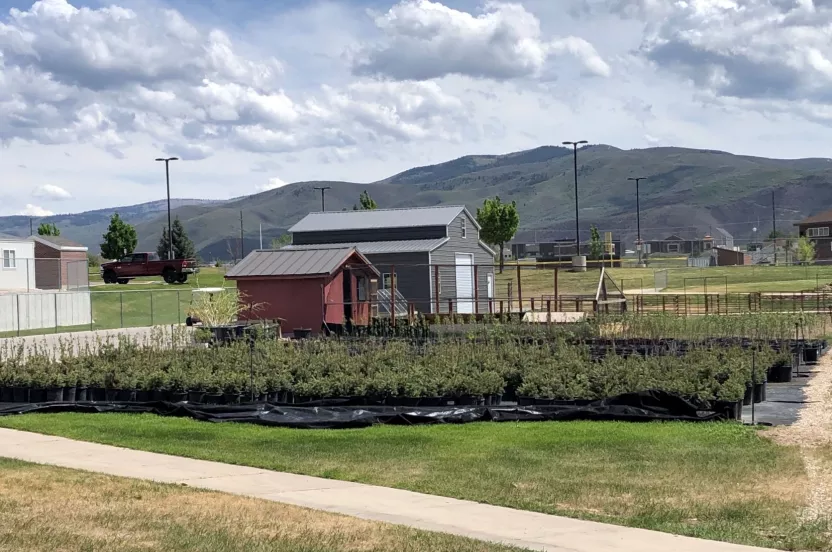Give before midnight on July 31 to double your impact where trees need us most. CHOOSE A PROJECT
The Arbor Day Foundation Attends the United Nations Climate Change Conference
In December of 2018, the Arbor Day Foundation attended the United Nations Climate Change Conference, COP24, in Katowice, Poland to advocate for investments in natural climate solutions, specifically forests and trees.
January 23, 2019

And we came back with some key learnings
In December of 2018, the Arbor Day Foundation attended the United Nations Climate Change Conference, COP24, in Katowice, Poland to advocate for investments in natural climate solutions, specifically forests and trees.
The two main goals of COP24 were to finalize the “Paris Rulebook” for implementing the Paris Agreement from COP21 in 2015 and to “raise ambition” for reaching a global response to the threat of climate change.
Leading up to COP24, there were two major reports from the leading climate scientists—the IPCC Special Report 15 and the 4th US National Climate Assessment. These reports highlight how climate change is already negatively affecting human and natural systems, what could happen if we do not change our current behavior and economic systems, and what communities, companies, and governments can do to get back on track for a more prosperous future.
Here are some of the biggest changes we need to make to mitigate climate change:
- Avoid additional carbon emissions by transitioning to renewable sources like wind, solar, and hydro, and advance renewable energy storage.
- Stop deforestation.
- Cut global carbon emissions to net-zero by mid-century.
- Remove all the carbon emissions humans have released into the atmosphere since the industrial revolution — more than 1.5 trillion tons.
When you think of the best way to fight climate change, forests and trees are the cheapest, most powerful, and accessible solution to remove carbon from the atmosphere. Trees also enhance community resilience and help companies meet sustainability goals. Trees provide the necessities of life. They clean our air and water, improve biodiversity, soil, human health, food production, and the economy.
Read The Carbon Footprint of Coffee
Takeaways from COP24
A “Rulebook” was agreed upon at COP24. Here are some of the positive highlights.
Rulebook Sending Demand Signals to Companies
More ambitious national climate action plans are coming, likely by 2020 when the Paris Agreement officially goes into effect. Therefore, businesses must be ready for tougher climate goals and a growth of new sustainable development policies in the coming years. One thing is clear, companies that are proactive in using climate action to their competitive advantage will adapt well to the new clean and ecologically sustainable economy.
One third of all human-caused carbon emissions came from land-use change and deforestation. Taking steps to measure and manage emissions from land-use will be important for many companies and the communities where they operate. Land-use change emissions are usually the most difficult set of emissions to address and the most overlooked by investors, companies, and countries.
Read Planting Purpose with the Arbor Day Foundation
One Set of Rules for all Countries
Developed and developing countries will all have the same rules. In the past, global climate agreements had separate rules for rich and poor countries. This has been a major issue for political leaders in the U.S., European Union, and China. Standardized monitoring and reporting will make it easier to recognize the countries that are the leaders and identify countries that need help.
Climate Finance
In addition to climate financing from the public sector and multilateral development banks (MDB) — like the World Bank— private climate finance continues to grow through initiatives like the U.S. Alliance for Sustainable Finance and Climate Action 100+.
These initiatives caused some complications for COP negotiators in how to count private sector climate finance funding in addition to other public monies from developed countries to assist developing countries in climate action investments. With the current rulebook, countries can report the complete loan value (public and private funds); not just the granted public and MDB money. Going forward, this will likely result in unlocking additional private sector capital for sustainable development projects.
There is More Work that Needs to be Done in These Areas
Welcoming the IPCC SR15 Report
Since the release in October 2018, the latest IPCC Special Report has been an urgent call to climate action and a guide to use sustainable development as a tool to eliminate poverty and other systemic economic inequalities. Over 190 counties agreed to fully support this report as the primary guide to climate negotiations and actions.
The science is clear, the impact of GHG emissions can be felt now and smart business leaders understand that ambitious action is critical and urgent. For example, oil and gas giant Shell is taking important steps to transition its business models to align with the scientific community.
Just Transition
The clean economy and sustainable development goals should not be a model to reinforce existing economic inequalities (income inequality, lack of high-quality education, inadequate and costly healthcare) and only improve the environment. This economic transition needs to improve people’s lives and be a better way of doing business. Recognizing that there needs to be fair labor transitions and major investments in worker’s skill development is critically important. The transition of the workforce and creating high-quality jobs embedded with purpose is essential to a fair transition.
Read Duke Energy Florida Helps Customers go Green
More business and political leaders need to keep the Just Transition Declaration in the forefront of their economic transition plans. The ongoing “yellow vest” protests in Paris, stemming from a carbon tax on gasoline, shows that policies with the best environmental intentions can backfire if the near-term pain, real or perceived, is too volatile for ordinary people.
Natural Climate Solutions are Gaining Momentum
According to Nature4Climate and the U.S. National Academy of Sciences, natural climate solutions – forests, agriculture, and wetlands – can account for one-third of the climate solution by 2030 and have greater opportunities to scale throughout the 21st century, but they are only getting two to three percent of climate action investments and one percent of media coverage.
In advance of COP24, I was happy to see leaders adopt The Ministerial Katowice Declaration on Forests for the Climate. The Declaration elevates the critical role forestry plays in achieving the Paris Agreement’s goals to slow down and reverse climate change.
Article 6 is Still Unresolved
The one major part of the rulebook that was not resolved was Article 6: voluntary cooperation – market and non-market-based approaches. However, this impasse should not have a harmful impact on the global carbon markets. The most contentious piece of Article 6 is solidifying universal accounting and reporting to prevent “double counting” of verified emission reductions (or carbon credits) from the buyers and sellers of carbon credits and the related changes necessary to national emissions inventories.
The Declaration on Sound Carbon Accounting proves that the solutions are fairly simple and transparency in this area will be critical to build and maintain public trust in the carbon markets.
Many companies and countries are committed to ambitious goals. Resolving Article 6 will be a key matter over the course of 2019 leading up to the U.N. Climate Summit in September and COP25 in November.
Hope for a Healthy Future
Even when the solutions are clear and accessible, multi-lateral negotiations are complicated. Mitigating climate change will be a global effort and we must take time to connect with each other and see that we are all interconnected on this unique planet and not separate from nature. Don’t leave the negotiating table.
Read The Time to Plant is Now: Help us Restore our Forests
Trees and forests are a very simple and proven way to help solve complex global issues like climate change, job creation, soil degradation, poverty, hunger, water, biodiversity, and air pollution.
Visit arborday.org/carbon to learn how you can reduce your impact on the environment.

